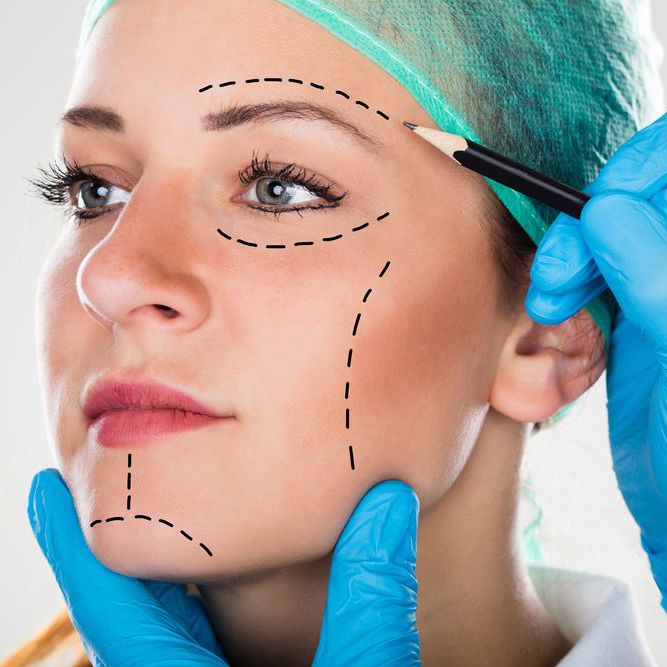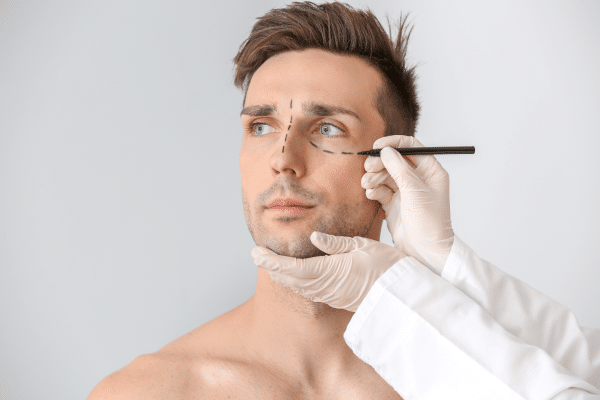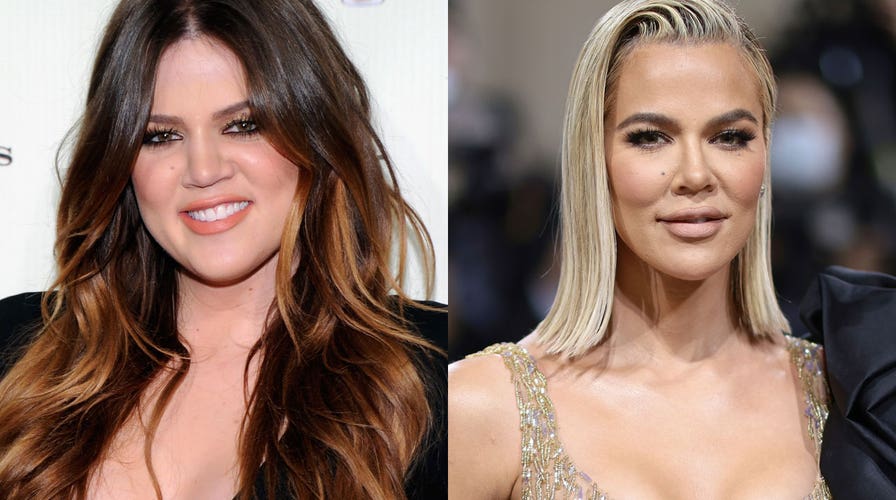The Effect of Self-Image on Decision-Making: Factors Why Many Individuals Seek Aesthetic Surgical Procedure for Physical Makeover
The interaction in between self-image and decision-making is a complicated sensation, particularly evident in the raising trend of people selecting cosmetic surgery as a way of physical makeover. Encouraged by a desire to satisfy social expectations and individual suitables, several people grapple with problems of self-esteem that can dramatically affect their selections. As exterior stress from social media and social standards heighten feelings of inadequacy, an essential inquiry emerges: what are the underlying mental variables that drive this search of transformed looks, and what implications do these decisions hold for individuality and health?
Recognizing Self-Image
Self-image refers to the mental image and understanding a specific holds regarding themselves, including aspects such as physical appearance, personality type, and overall self-respect - mommy makeover rancho cucamonga. This internal depiction substantially influences how individuals communicate with the world and can be a driving force behind numerous life selections, consisting of the choice to undertake plastic surgery
A favorable self-image often correlates with higher self-worth and a sense of self-confidence, cultivating a positive strategy to life. Alternatively, an unfavorable self-image might cause sensations of insufficiency and dissatisfaction, triggering individuals to look for external remedies to regarded defects. This pursuit for enhancement can manifest in the need for physical transformation through cosmetic procedures.
The prevalent nature of media and peer comparisons can intensify sensations of instability, motivating individuals to modify their look in pursuit of acceptance or authorization. Understanding these dynamics is vital in understanding the inspirations behind cosmetic surgical procedure.
Mental Elements at Play
Various psychological aspects affect an individual's decision to pursue plastic surgery, usually rooted in deeper cognitive and emotional processes. One considerable element is low self-confidence, which may develop from adverse self-perceptions or frustration with one's appearance. People with lessened self-regard may think that altering their physical attributes will improve their total worth and approval in social contexts.
Additionally, the principle of body dysmorphic disorder (BDD) plays a critical function. People dealing with BDD experience an obsessive focus on perceived flaws in their appearance, leading them to look for medical treatment as an option. This uncontrollable wish for change can dramatically distort their self-image, driving them to go after treatments in spite of the potential for unfavorable end results.

Social Pressures and Expectations
A significant impact on individuals' choices to undertake cosmetic surgical procedure originates from societal stress and assumptions that pervade modern society. In a period controlled by social media sites and consistent visual exposure, idyllic criteria of charm are frequently showcased, producing a pervasive setting where physical look is intensely inspected. Such criteria frequently determine what is considered appealing, leading individuals to feel compelled to comply with these perfects.
Furthermore, the normalization of cosmetic improvements in prominent society better worsens these stress - mommy makeover rancho cucamonga. Influencers and stars honestly discussing their procedures can produce an assumption that such modifications are not just appropriate yet desirable. This sensation can engender feelings of insufficiency in people who may feel their all-natural look does not important site line up with societal criteria
Furthermore, the impact of colleagues can not be neglected. Individuals may experience indirect or straight stress from buddies or family, resulting in a communal recognition of cosmetic surgical treatment as an acceptable ways to attain an idealized self-image. Consequently, these social assumptions can substantially affect personal decision-making processes, usually eclipsing inherent motivations for self-improvement and promoting a culture where physical change is gone after as a solution for perceived drawbacks.

Instance Researches and Personal Stories
Lots of individuals have actually shared their individual trips concerning plastic surgery, revealing an intricate interplay in between self-perception and societal impacts. As an example, a 34-year-old female explained exactly how years of feeling inadequate because of her nose led her to seek nose job. She reported that after the procedure, her confidence rose, enabling her to involve more openly in social circumstances and progress her career. Yet, she recognized that her choice was greatly affected by media portrayals of elegance.
Likewise, a male patient in his late twenties stated his fight with body dysmorphic condition, which triggered him to pursue liposuction surgery. His experience highlighted not only a desire for physical improvement however also a desire for acceptance amongst peers. Post-surgery, he expressed a restored sense of self-worth, albeit with the understanding that internal recognition ought to precede exterior changes.
These situation research studies highlight a wider pattern: individuals frequently watch cosmetic surgical treatment as a path to enhanced self-image. check Nonetheless, the stories additionally disclose a critical viewpoint on the stress and assumptions that shape these decisions, recommending that personal tales are deeply intertwined with social norms and values.
Alternatives to Plastic Surgery

Skin care treatments, including chemical peels and microdermabrasion, can improve skin structure and tone, dealing with concerns like acne scars or uneven pigmentation. Additionally, laser therapy is an efficient technique for targeting certain skin problems, such as sunlight damage or vascular sores, advertising a more youthful appearance.
For those seeking body transformation, non-invasive fat reduction techniques like CoolSculpting can aid remove persistent fat deposits without surgical procedure. Health and fitness programs and nutritional counseling are also important tools for individuals aiming to achieve a much healthier body photo. Inevitably, these choices can supply significant outcomes while lining up with individual comfort degrees and preferences, cultivating a positive self-image without the durability of plastic surgery.
Final Thought
In verdict, the quest of cosmetic surgical treatment is typically driven by complicated interactions in between self-image, mental factors, and societal pressures. People frequently look for physical improvement in an attempt to enhance self-esteem and line up with perceived requirements of beauty. This phenomenon underscores the requirement for better recognition of the underlying motivations and prospective effects connected with such choices. By checking out choices and promoting a healthier self-image, people may find much more sustainable pathways to self-acceptance and health.
The interaction between self-image and decision-making is a complex phenomenon, particularly evident in the increasing trend of individuals deciding for cosmetic surgery as a way of physical transformation.Many mental elements affect a person's decision to go after cosmetic surgical treatment, commonly rooted this content in deeper emotional and cognitive processes.A considerable influence on individuals' decisions to undergo cosmetic surgery stems from societal stress and assumptions that infuse modern culture. People may experience direct or indirect pressure from good friends or family, leading to a common validation of cosmetic surgical treatment as an acceptable means to achieve an idealized self-image.Many people have actually shared their individual journeys concerning cosmetic surgical procedure, revealing a complex interplay between self-perception and social impacts.
 Ralph Macchio Then & Now!
Ralph Macchio Then & Now! Barret Oliver Then & Now!
Barret Oliver Then & Now! Keshia Knight Pulliam Then & Now!
Keshia Knight Pulliam Then & Now! Gia Lopez Then & Now!
Gia Lopez Then & Now! Elisabeth Shue Then & Now!
Elisabeth Shue Then & Now!